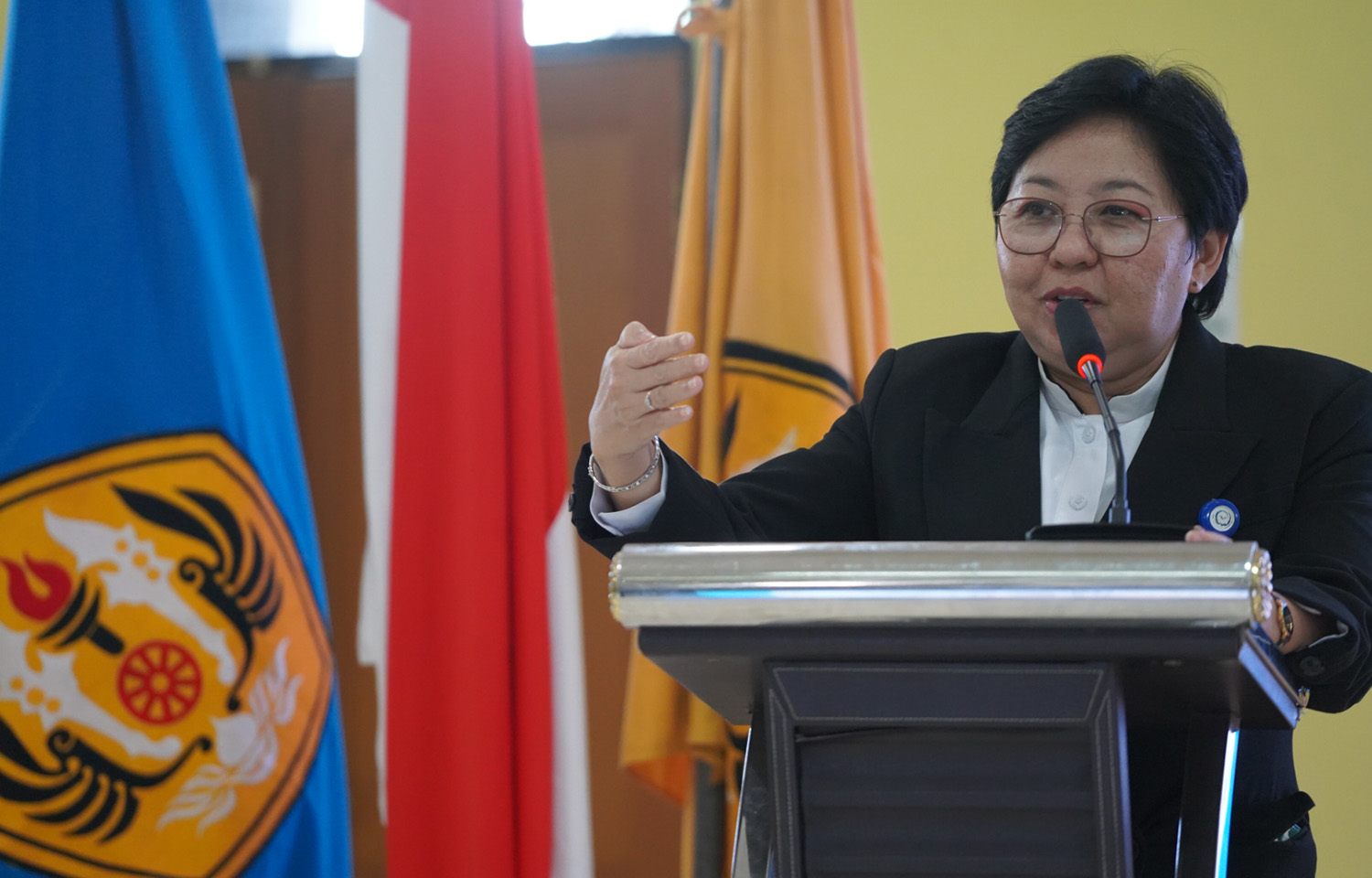Indonesia has signed a regulatory framework agreement related to quality assurance of seafood products exported to the U.S.
The agreement, announced by Indonesia’s Ministry of Maritime Affairs and Fisheries (KKP) on 12 July, will introduce a quality and safety assurance system for marine and fisheries products (SJMKHP) to align with U.S. and global import standards.
The move results from a 2021 U.S. congressional mandate ordering the U.S. Food and Drug Administration to improve the regulation of imported farmed shrimp. The mandate included establishing regional partnership agreements with India, Indonesia, and Ecuador – the top shrimp exporters to the U.S. by volume. Ecuador became the first of the three to sign an regulatory partnership arrangement in September 2023, and India also recently signed on, according to the Jakarta Globe.
"We are committed to emphasizing to consumers, both local and global, that Indonesian fishery products are safe and of high quality,” Indonesia Ministry of Maritime Affairs and Fisheries Quality Assurance Agency Director-General Ishartini said in a press release. “If we don’t follow this scheme or the agreed cooperation, Indonesian shrimp will face strict border measures for food safety when they enter the U.S. Of course, that could be detrimental to us.”
The agreement requires the adoption of six standards for Indonesian shrimp producers, including Good Fish Cultivation Methods (CBIB) with reference to SNI 8228.1:2015; Good Fish Hatchery Methods (CPIB) with reference to SNI 8035:2019; Proper Fish Handling Methods Both on Board (CPIB Ship) with reference to SNI 8087:2014; Good Fish Feed (CPPIB), with various SNI references; Good Fish Medicine (CPOIB), with reference to the 2023 Director-General of Aquaculture Regulation 187; and Good Fish Medicine Distribution Methods (CDOIB), with reference to the 2023 Director General of Aquaculture Regulation 186.
Indonesian shrimp processors will now be required to obtain a Processing Feasibility Certificate (SKP) with reference to CODEX Hazard Analysis Critical Control Point (HACCP); implement a System for Hazard Analysis and Control of Critical Points, with reference to SNI CXC 1:1969; and receive a Fish Distribution Management (SPDI) certificate, with reference to 2001 KP Ministerial Regulation 27 of 2021.
"These certifications are aimed at increasing trust and market access for export markets. Then, in the domestic market, it is used to build a good image and consumer satisfaction and make products more competitive," Ishartini said.
Ishartini said that the regulatory framework agreement covers whole-genome sequencing (WGS) via a technical assistance partnership with the University of Maryland Joint Institute for Food Safety and Applied Nutrition and the U.S. FDA.
“There is now a shift in foodborne disease surveillance, as lab tests today are using WGS platforms,” Ishartini said. “With this partnership, Indonesia will become a member of the global WGS foodborne disease testing laboratory network based in the U.S.”
Ishartini said her agency was working to craft regulations governing genetic engineering, the use of antibiotics and chemicals, and rules to ensure the safety of feed and medicine for application in shrimp aquaculture. She said this work will also improve Indonesian shrimp access to the European Union market.
Ishartini said her agency is also developing food safety-focused regulations for wild-catch fisheries, including rules to ensure all seafood caught in Indonesian waters is not caught via illegal, unreported, and unregulated (IUU) fishing; regulations requiring inspections for foodborne bacteria and viruses such as salmonella, E. coli, and listeria; and rules prohibiting the use of illegal fishing gear and shrimp fishing without turtle excluder devices.
Indonesia has been seeking to grow its U.S. exports, hosting a pavillion at the 2023 Seafood Expo North America in Boston, Massachusetts, U.S.A. While in Boston, Ishartini and other Indonesian fisheries officials met with NOAA Office of International Affairs and Seafood Inespection Director Alexa Cole to discuss the U.S. Marine Mammal Protection Act.
"[The] event can be a momentum to increase exports of fishery products to the global market and especially to the U.S.," Berny A. Subki, the director the Indonesia Ministry of Marine Affairs and Fisheries Directorate of Logistics, said in a press release. "Therefore, with participation "The Indonesian pavilion at SENA 2023 is expected to be able to seize this market opportunity by showing that Indonesian products are not inferior to other countries in terms of product quality and safety, as well as other market requirements."








